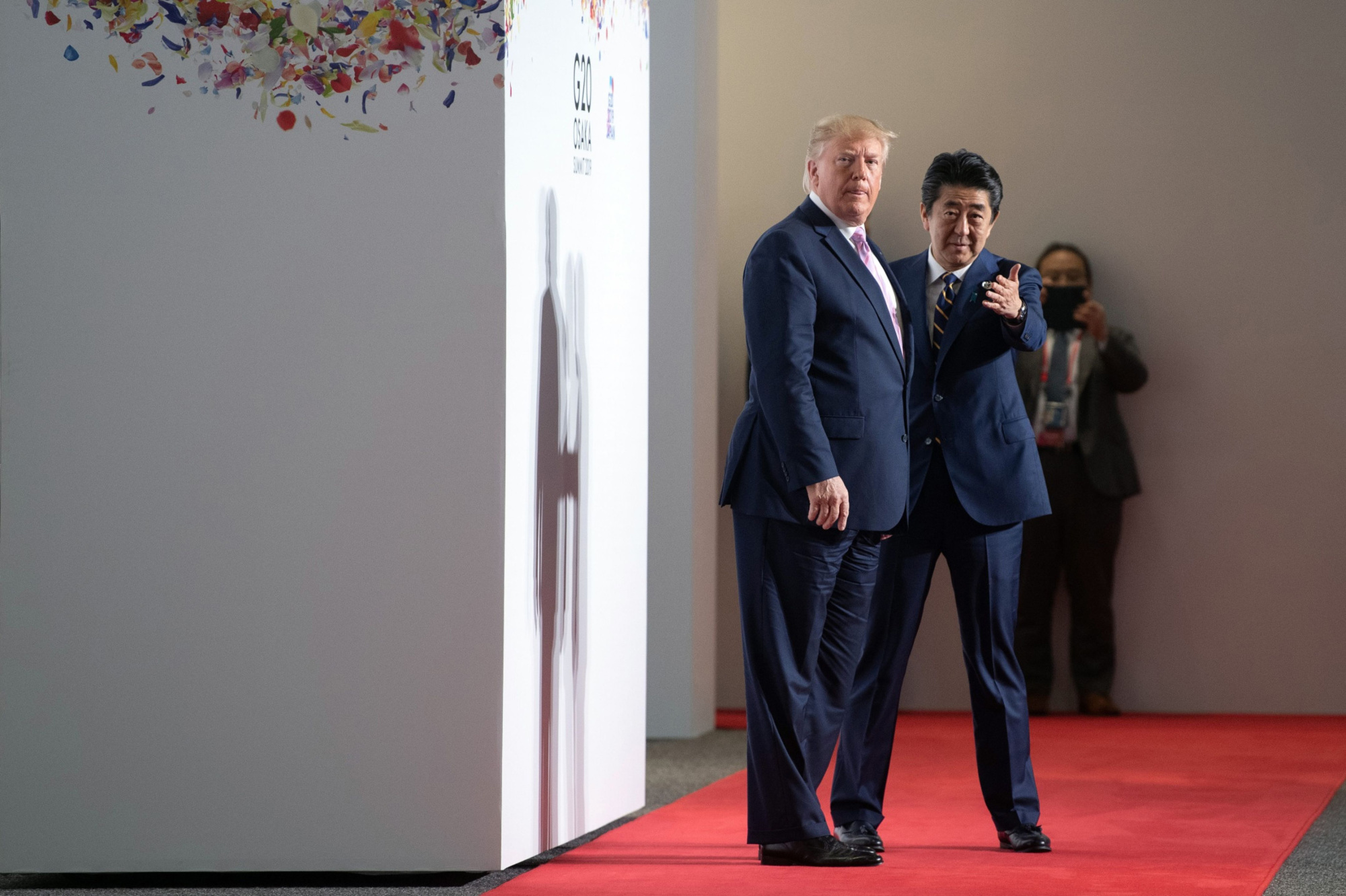As the distribution of power in the regional order becomes fragmented with intensifying Sino-U.S. strategic competition, Japan remains at the front line of East Asian security. With Chinese unilateral and coercive efforts altering the status quo on the one hand and the complexity of denuclearization of the Korean Peninsula on the other, Japan is compelled to revisit its strategic options as it navigates the most severe security environment in its postwar history.
However, as Japan reorients its exclusively defense-oriented postwar security posture within the conceptual framework of positive pacifism, this in turn makes its East Asian neighbors anxious as the region struggles with toxic history, intensified nationalism and contested sovereignty claims, in addition to the existing Cold War structures. The key concern for East Asian states is: What kind of Japan will the region have to deal with in the coming decades?
Article 9 of the pacifist Constitution and the U.S.-Japan security alliance constitute the nucleus of Japan's security policy in the postwar era. However, pushing the boundary on the concept of the right to collective self-defense within these two frames — Article 9, which restricts Japan's use of force, on one hand and the U.S.-Japan security treaty, which urges greater burden sharing in alliance management, on the other — has presented a colossal challenge for Japanese policy elites.


















With your current subscription plan you can comment on stories. However, before writing your first comment, please create a display name in the Profile section of your subscriber account page.